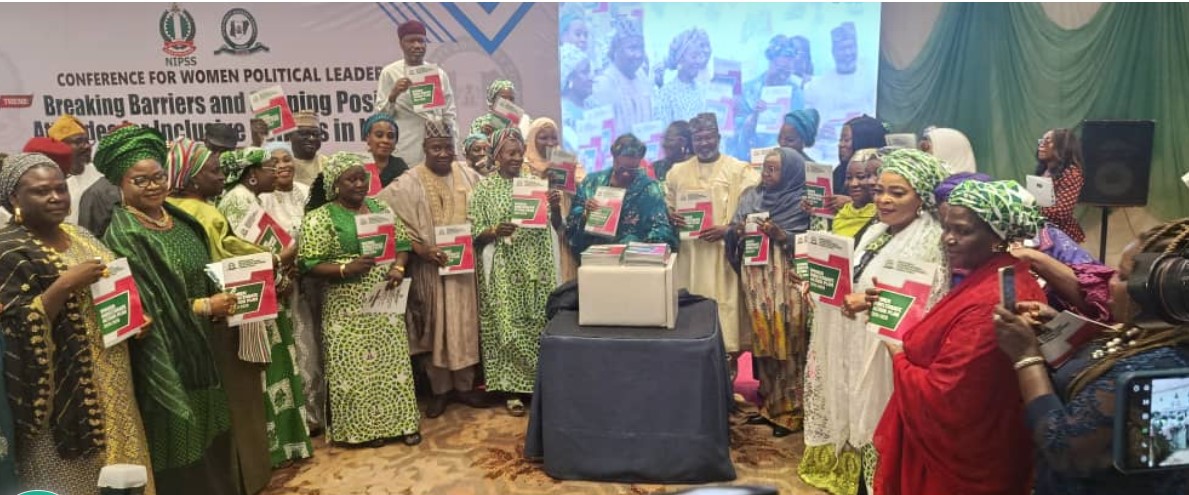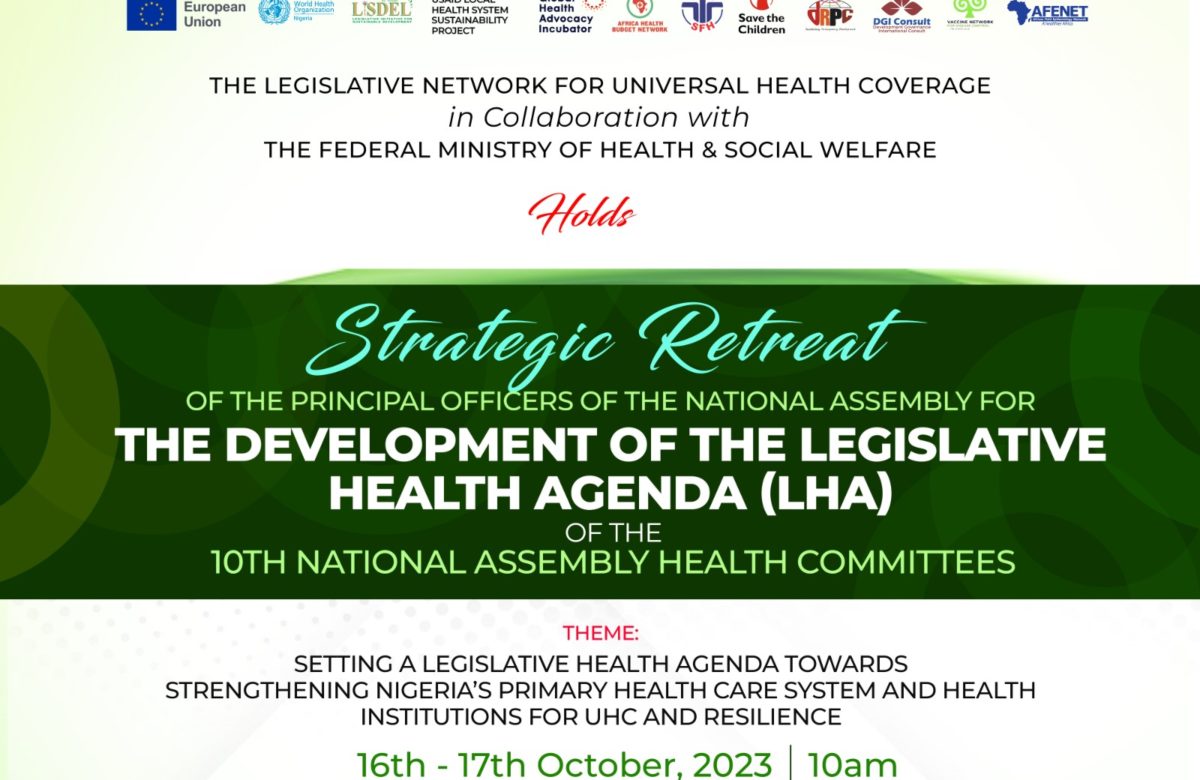Nigeria develops framework to implement Women’s Economic Empowerment policy
- Gender
- No Comment
- 309

Organisers said the objective of the programme was to allow officials to brainstorm on the metrics that will be effective in coordinating, monitoring, and evaluating WEE projects.
The Nigerian government in partnership with the National Institute for Policy and Strategic Studies (NIPSS) held a one-day workshop on the Women’s Economic Empowerment (WEE) Monitoring and Evaluation (M&E) policy.
Supported by the development Research and Projects Centre (dRPC), the event was held in Abuja for stakeholders to discuss harmonisation and validation of women’s economic empowerment indicators in the National WEE Policy, Action Plan, and National WEE Monitoring and Evaluation Framework.
The programme brought together Monitoring and Evaluation Officers and Gender Desk Officers of Federal Ministries, Departments and Agencies.
Organisers said the objective of the programme was to allow officials to brainstorm on the metrics that will be effective in coordinating, monitoring, and evaluating WEE projects.
In his opening remarks, dRPC’s Director of Projects, Stanley Ukpai, who represented the Executive Director, Judith-Ann Walker, at the event, said the journey toward economic empowerment for women is a challenging yet undeniably rewarding endeavour.
“The indicators we seek to harmonise and validate are more than mere metrics; they are the lenses through which we will measure progress, the tools with which we will forge a path forward, and the beacons that will guide our policies and actions,” he said.
By empowering women economically, Mr Ukpai said, we not only improve individual lives but also drive sustainable development, bolster economic growth and strengthen families and communities.
“Women’s economic empowerment is not merely a component of gender equality; it is the cornerstone of thriving, equitable society,” he noted.
The WEE Policy and Action Plan is a strategic blueprint – it outlines Nigeria’s objectives, initiatives, and mechanisms to elevate the economic status of women.
“But a plan without an effective M&E framework is akin to a ship without a compass,” Mr Ukpai said. “We seek to chart our course carefully, ensuring our framework is robust, result-oriented, and sensitive to the nuances of women’s economic realities.”
WEE was an intervention sponsored by the Gates Foundation, which believes that women’s economic empowerment is beneficial not only to individual women but also to their children, households, and communities.
The programme aims to help women and girls move from limited power, voice, and chores at home and in the economy to having the skills, resources, and opportunities needed to compete equitably and benefit from economic gains.
The Nigerian government approved the WEE policy last year saying it would help bring about optimal development in Nigeria where women constitute about 50 per cent of the population.
In his keynote speech, Ayo Omotayo, the director general of the National Institute for Policy and Strategic Studies (NIPSS), who was represented by an official of the institute, said the national institute considers gender equality and social inclusion as critical components in the discharge of its mandate. It believes that policy and programmes in Nigeria impact citizens differently, along gender and social lines, he said.

“Consequently, the national institute ensures gender and social inclusion in project and programme design as well as when proffering policy solutions to government at national and sub-national levels.”
In 2023, NIPSS established the Centre for Gender and Policy Studies to promote gender and social inclusion.
Mr Omotayo believes the National WEE policy document has “great potential to chart a path forward for completely transitioning women from having limited economic power, voice and choice, to acquiring the skills, resources, and opportunities required to access and compete equitably in the markets.”
He added that this workshop is critical to achieving a more inclusive economy in Nigeria.
“The previous and current governments have demonstrated serious commitment to WEE as indicated in strong policy statements as well as dedicated allocation to WEE projects and programmes in annual budgets,” he said.
By Kabir Yusuf
https://www.premiumtimesng.com/news/more-news/683441-nigeria-develops-framework-to-implement-womens-economic-empowerment-policy.html




